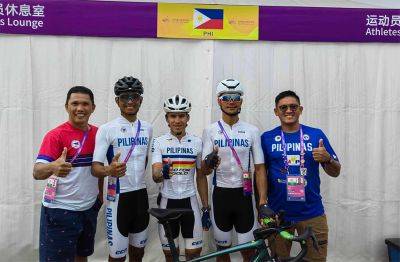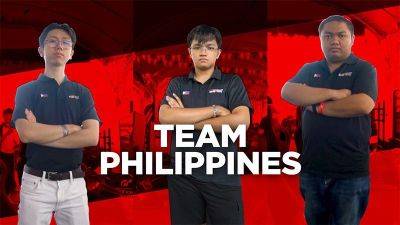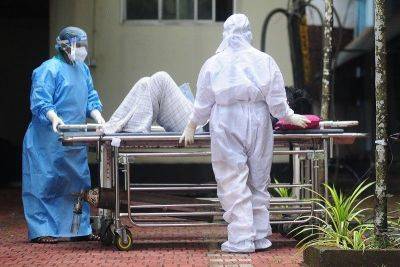Mandating military training in the Philippines for democratic citizenship
There is currently a legislative bill proposing mandatory military training among Filipino university students. Currently, the Reserve Officer Training Corps (ROTC) is only one of three mandatory national civic service options.
Because there are few opt-out options, the legislation essentially proposes to supplant the National Service Training Program (NSTP) which the majority of students currently take. This type of service is more community-oriented in the form of outreach programs to impoverished communities.
At the heart of the debate are competing visions of citizenship training necessary in a democratic republic.
The NSTP was enacted in 2001 after the old ROTC program for college-level Filipino males was abolished due to corruption and incidents of physical abuse by its instructors. The case not only for its revival but attempt to make the ROTC monopolize national service requirements in the Philippines is rather weak.
If the current administration genuinely aims to nurture democratic citizens, it should not revive a program with such ill history. Strengthening existing citizenship programs should be the goal.
Research in political psychology – the study of political behaviors and attitudes – can inform how governments create policies that can effectively nurture democratic citizens as envisaged by the country’s 1987 Constitution. It is important to pay close attention to what programs governments implement in developing politically participative citizens, especially during late adolescence and early adulthood as these are crucial phases of political socialization.
During these stages, citizens are more open to learning and imbibing political attitudes and beliefs that they are likely to carry with them through







